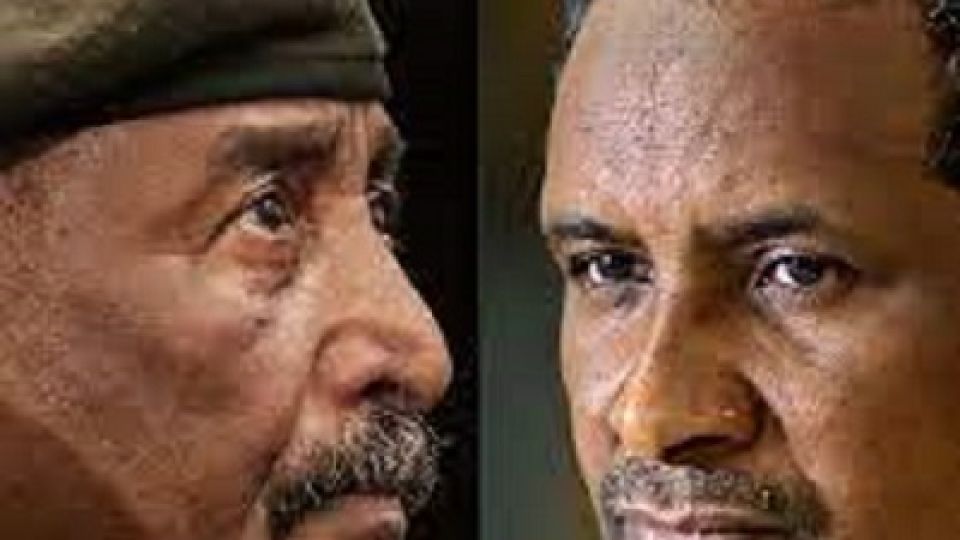from RAJI BASHIR in Khartoum, Sudan
Sudan Bureau
KHARTOUM, (CAJ News) – THE Emergency Telecommunications Cluster (ETC) requires an additional US$2 million to keep humanitarian agencies connected in the crises in war-torn Sudan.
The latest conflict in this Northeast African country that began in April has cascaded into a disaster marked by destruction and looting of pre-existing telecommunications assets.
ETC’s total requirement for its operation in Sudan is $6,3 million.
This is required to deliver services in up to ten common operational areas, including data connectivity and ICT helpdesk support, security communications services—radio programming and training—and platforms for the affected population to receive information and provide feedback to humanitarians.
ETC has secured 68 percent of its funding needs in Sudan, thanks to a contribution of €250 000 ($273 000) from the government of Luxembourg, $2 million from the United States Bureau for Humanitarian Affairs and $2 million from the Central Emergency Response Fund (CERF).
“Although the cluster is partially funded, additional funding is required to continue to maintain and expand the common services,” said an ETC spokesperson.
In addition to looting and vandalism of infrastructure and the rapid deterioration of the national power grid, Sudan says there were still difficulties in obtaining customs authorities’ clearances, especially for telecommunications equipment such as radio devices.
This, and difficulties in obtaining visas for travel to Sudan, are widely seen as restricting the ability of the ETC to mobilise the required staff to deploy critical communications services for the humanitarian community.
To date, ETC is providing connectivity services in a total of 12 sites in Port Sudan for 18 United Nations agencies and 13 non-governmental organisations (NGOs) and serving 489 humanitarian users.
“The extensive looting of communications assets across the country means that there is a clear need to rebuild and strengthen common humanitarian information and telecommunications technology infrastructure to enable a swift and coordinated response to the crisis,” concluded the ETC spokesperson.
In Sudan, about 5,4 million people have fled their homes and sought refuge within the country or neighbouring countries since fighting started in mid-April. The conflict has indirectly resulted in the surge of water borne diseases. Humanitarian agencies are battling to cope.
– CAJ News

